Fashion for Cancer x Shentonista – Running The Race
Featuring
Eugene
Marketing
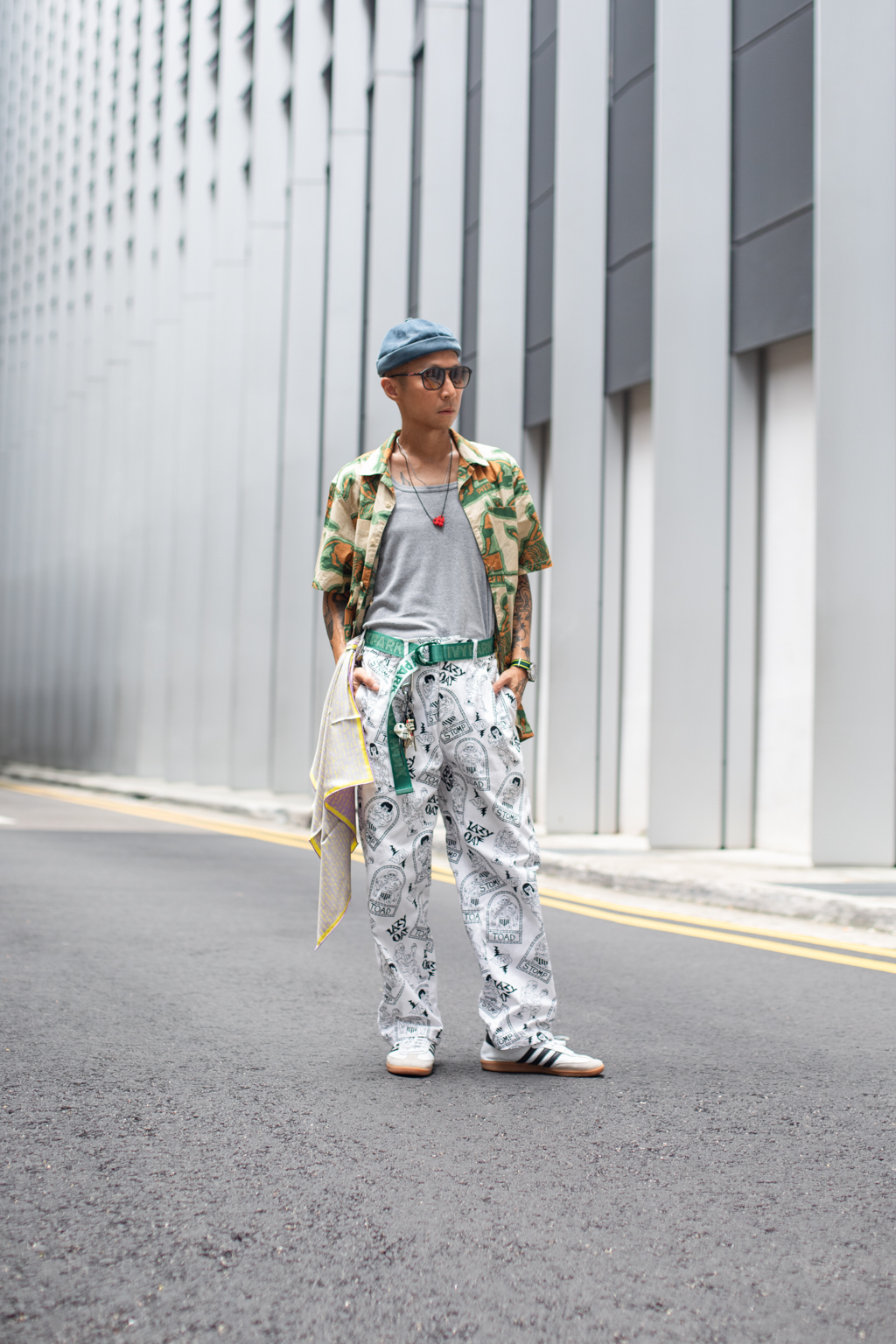
When you were diagnosed with stage 4 urthelial cell cancer, what was the first thought that ran through your mind?
“This is fucked—I’ve been diligently checking all along. How did it get to this point, and so severe all of a sudden? What does this mean for the future?”
In moments of adversity, whether medical, mental, or emotional, what is it that gets you through it all?
Support. My main caregiver is my partner Sofie. She’s not just been my caretaker, but also my biggest cheerleader. My parents are also very involved in my recovery journey, and they’ve been very supportive. Friends also check in periodically while understanding my need for space. My running community—run crews like The High Panters and adidas Runners—have also kept me going.
In fact, everyone is always checking in while giving me space. And everyone shows concern in their own ways. And when I see the sacrifices they make—whether shaving their own hair to show support, making time for me, or showing up on an early morning weekend run when they otherwise never would have, it really motivates me. Some have also told me they feel like giving up during tough times, whether it’s running-related or in relation to life’s challenges, but then they think of me and it helps drive them to not give up, and that in return inspires me and gives me strength too. It’s also very heartwarming when the support extends to Sofie. It always makes me happy when someone messages to ask how she’s coping and if she’s ok. I think that’s important too, because as a support unit, these people are also helping us to carry some of the heavy load, and it’s equally important to make sure that they too are okay.
But at the end of the day, i’s largely a mindset thing, which is the hardest part to reckon with. I recognised that I had gone into this journey being as physically fit as anyone could be, so the thing I had to ensure I kept up were the mental, emotional, and spiritual aspects of my life. I believe acceptance is crucial in life in order to move forward, not just in cancer, but any kind of adversity. Because life will always give us things that we don’t necessarily want and that are out of our control. But what is within our control is how we react and deal with them. And in order to do so, acceptance is a crucial first step. I know it sounds easier said than done, especially reading it as words on a screen—trust me, it’s hard for sure.
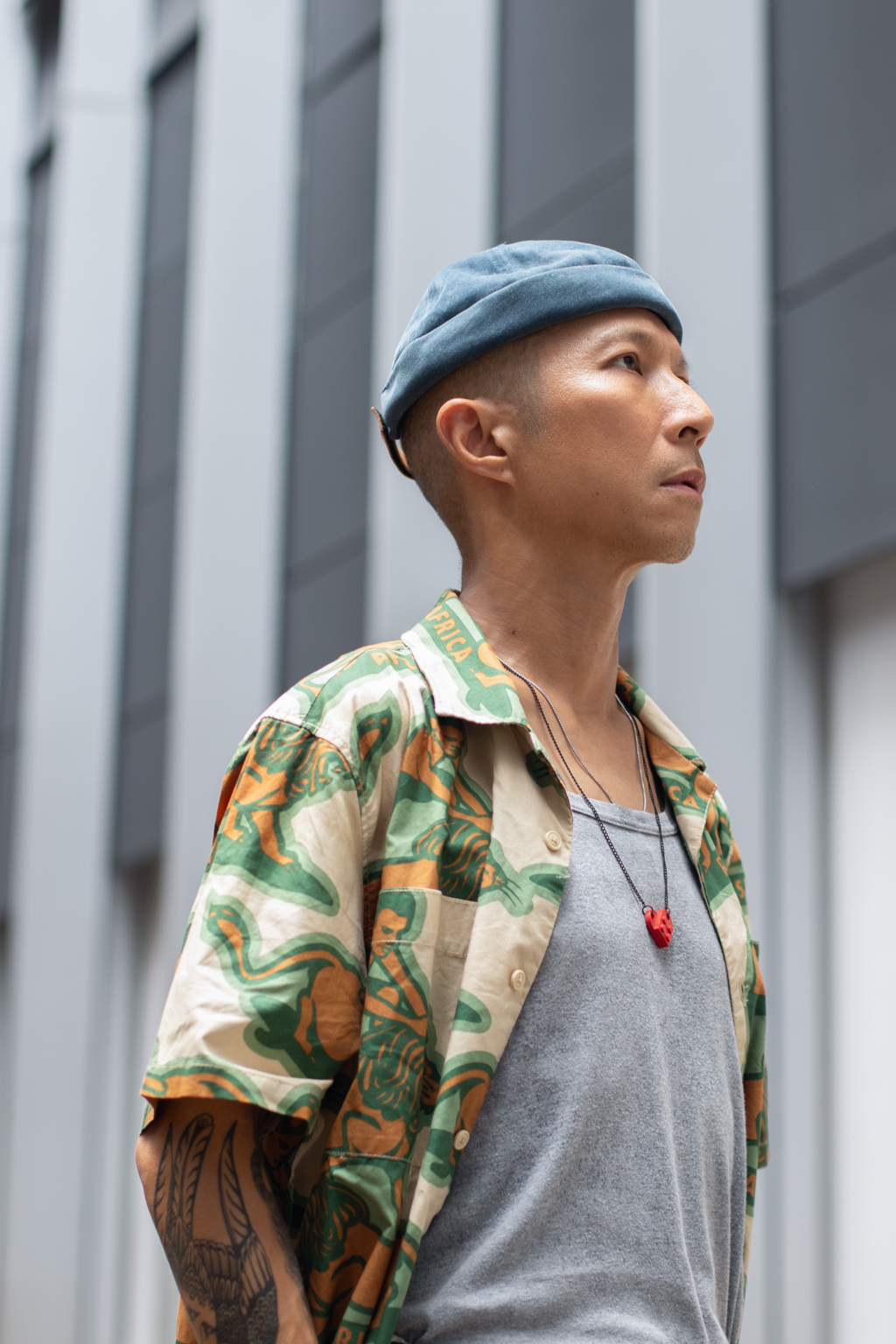
The shift from trying to beat cancer to learning to live with it isn’t one many people without cancer often understand. How did you come to that realisation, and what did it change for you?
I came to this realisation when I understood how complicated cancer is and why it’s so difficult to find a complete cure. Because cancer isn’t just “cancer”—there are so many different types of it, from causes to mutations. Which means that especially for myself, getting diagnosed with it at stage 4, I don’t actually know if I’ll ever get to the “remission” stage. Because you don’t get “downgraded” from stage 4 to 3 to 2 to 1 if you show progress over time. It’s either stage 4, remission, or death.
Another thing that brought me to this realisation is looking back at relatives and friends who had gone through cancer. Some of them have passed on and some of them are still with us, but those that went into remission either ended up with cancer coming back again in some way or form, or constantly living with the worry or knowledge that cancer may return one day. Which ultimately led me to conclude that once a person has cancer, they will no longer lead a life truly free of cancer. Which means learning to live with cancer for however long a life I live, whatever that means.
Speaking of how once you face cancer, you never truly live a life without it anymore, how has this perspective changed the way you relate to time, ambition, or even joy?
It’s made me realise that there is beauty in the finite. We live our lives looking at the infinite, chasing forever and the magical idea of immortality (in no thanks to pop culture), or at least not really actively thinking that one day this will all come to an end. But when you really face the finite, you realise that value and beauty becomes more apparent in the finite than the infinite. Because you treasure it more, it becomes more real, more fleeting, more limited.
Very insightful! On the topic of the finite, is there anything you with people understood better about cancer?
I wish more people knew that early onset cancer is real and afflicting our generation. There has been a clear generational shift for some reason, and yet somehow, it’s not yet public health knowledge or concern. But it does seem like it’s coming, and we’re now in its early days. If this is to be true, then people need to brace for it and be better prepared. I don’t have the solution to be honest, but at this stage, I’m thinking perhaps early detection might be the best interim approach. Question is: how do we achieve that?
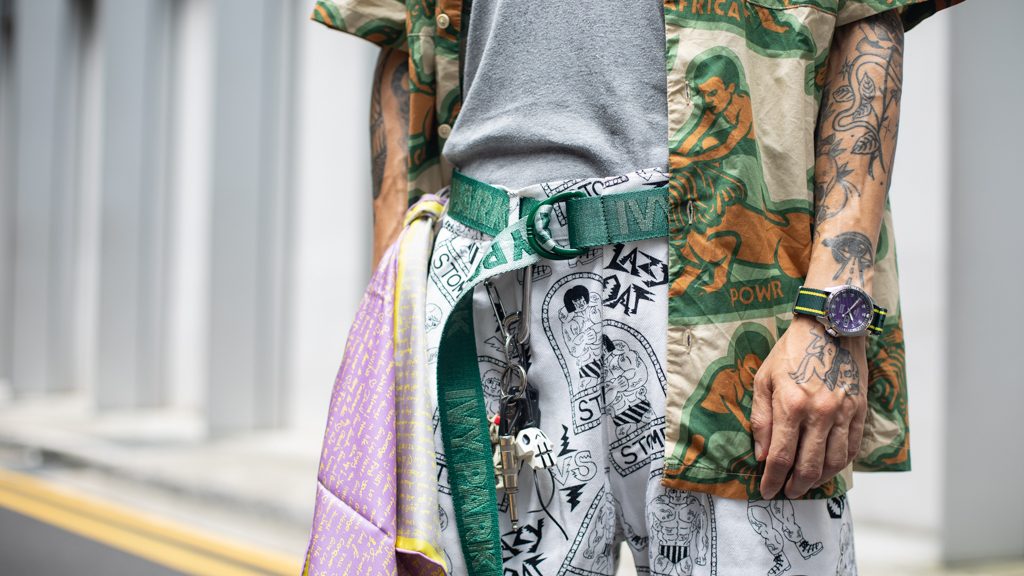
It’s true, cancer truly is becoming a lot more common than we realise, or would like to acknowledge. As someone living through this shift, what kind of awareness do you think our generation still needs to build?
I think this generation needs to understand that this shift is indeed happening. The common mindset is that cancer is an older person’s concern, but this generational shift of early onset cancer, and aggressive growth at that, is looking to be real. And if it’s a generational shift, it means it’s something that has switched over a long period of time in our generation. I don’t know what that specifically might have been the cause. In fact, it could have been a combination of things. But what it means is that if this is indeed an inescapable truth (which only time will tell) then we cant run from this statistic, and the next best thing we need to do is to empower ourselves to make certain decisions to allow ourselves to be better prepared when this comes, such as early detection and mindset shifts towards cancer. For example, where previously we might have closed an eye on recurring headaches, dismissing them as chronic migraines, we might now want to be more diligent about checking for cancer.
It’s a sobering realisation, but definitely a necessary awakening. In light of your diagnosis, how do you manage your health and wellness now?
I still run—I ran the Gold Coast Half Marathon, and God willing, I’ll do the Chicago Marathon later this year.
Inspiring! That’s no small feat for sure. What do you hope people will learn when they see you running now in this chapter of your life?
That cancer isn’t a full stop, and that life continues, for however long we have left. If you think about it, if you ask anyone “Do you know how and when you will die?”, everyone will tell you no. And that’s the same for me. Just because I have cancer, I still can’t tell you the answer to that question. So life must carry on.
I also hope to inspire people who are going through tough times—it doesn’t only have to be because of cancer. No matter what these challenges are, you have the power to rise above them, or at the very least challenge those challenges, and whether you come out on top or not, at the very least you will come out a different and stronger person. It is, after all CANcer and not CANTcer!
We love that! Is that the motto that you’re living life by?
No, my current life motto is beauty (in)finite. It came to me one day when I was discussing the idea of life and death with an ex-rugby teammate after dinner one day, and he said to me that in Lord of the Rings, the elves who are immortal actually envy humans because humans can die, and in that nature, everything is more precious. I found it an interesting and fascinating perspective.
It’s what shapes the way I move through the world today—I try to appreciate the value in things, big or small, as often as I can, by being as present as possible in each situation. It’s not easy in our fast-paced, high distractions world, but I try to be mindful and make the effort.
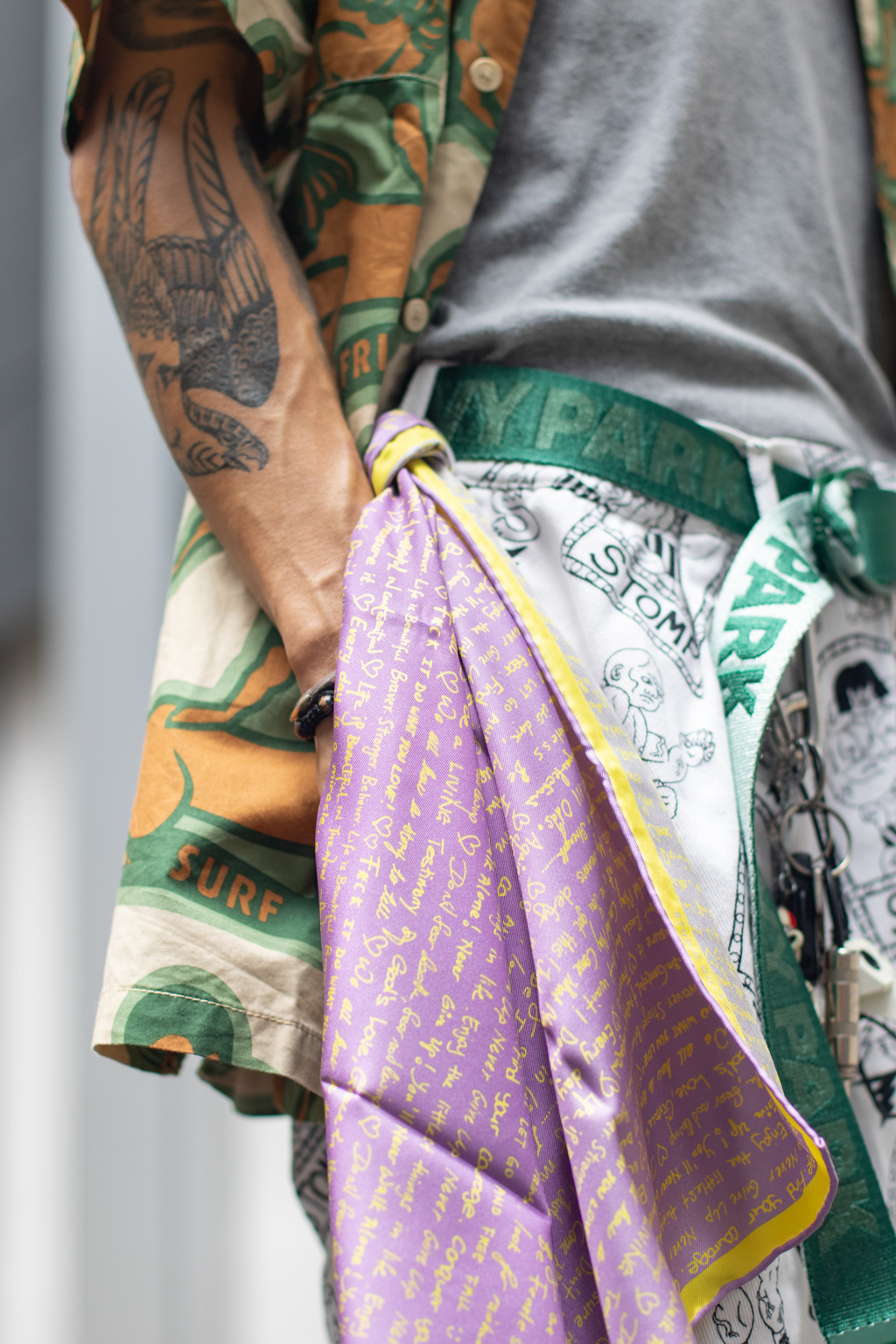
Speaking of high distractions, many people tend to fall into the trap of Googling too much and doomscrolling through their symptoms and diagnoses online. How did you manage to avoid that, and what advice would you offer to others struggling with this information overload?
The Internet is really a black hole—there’s too much information out there. I have a sports science research background, so I’m aware of the importance of literature reviews and critiquing information we have on hand. Coupled with the fact that the human body isn’t so straightforward and that cancer is even more complicated, it’s logical to me that truly conclusive answers cannot be derived from online alone.
For others, I can empathise with why it’s hard not to do so, and I often just share with them that it’s a never ending black hole, but that I also respect their need to search for answers. I think it also comes down ultimately to feeling that in the search for answers, we’ve done everything we can. So being at peace with oneself that you’ve done what you can within your control is also important.
You’ve often been featured in the media and showcase a great sense of style online. How has your relationship with the public eye evolved since your diagnosis, and what made you feel ready to speak out with Fashion for Cancer?
Thank you! I’m honoured. To be honest, from the time that I accepted that this is the journey I’ll be walking, I made up my mind that I wouldn’t hide nor shy away from it because: 1) it is a part of my life, and 2) I’m privileged in a sense that I’m now in a position to be able to share as much as I can regarding this generational shift.
When I was first diagnosed in July 2024, I didn’t post anything on socials because I didn’t want it to become a social media pity party. My intention was clear—to inspire and educate. That being said, I was already actively and openly talking about it with people that I met in real life, to spread awareness. I just took the opportunity of my documentary with CNA earlier this year to finally start posting on my socials about it.
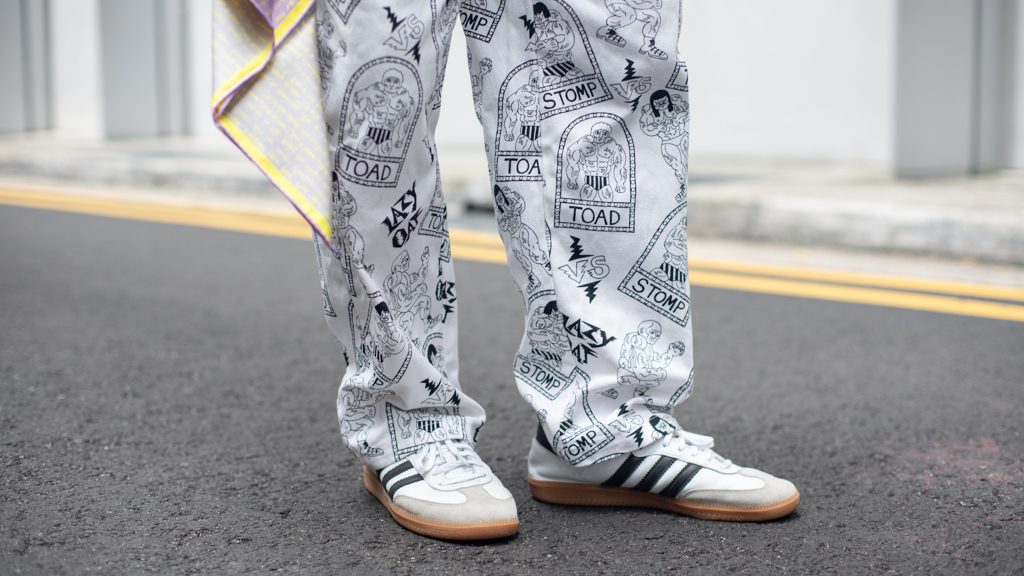
Well, we hope your story will be able to touch more lives and people as you continue to share about your journey! On that note, what is one thing you’d want people to take away from your story?
Be aware that early onset cancer is real. A generational shift is here, so be empowered by this knowledge. Things won’t always go the way we want, but acknowledgement and acceptance are the first steps, followed by gratitude for the things that are still going our way, in order to keep moving forward.
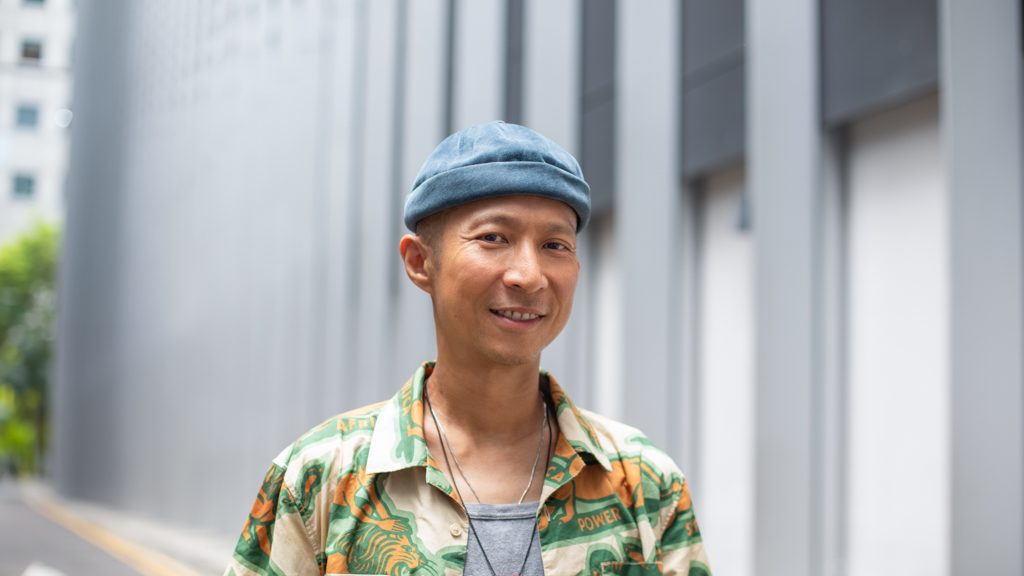
This is a feature for Fashion for Cancer 2025, spotlighting 5 cancer survivors and warriors. Founded by Ong Bee Yan, Fashion for Cancer is a charity fashion show aimed at raising funds for cancer research and financial aid. Support the cause on 13 September 2025 at The Westin Singapore—get your tickets here.
Like this? Share it.
What others are saying
There are no comments yet.
Leave a Reply